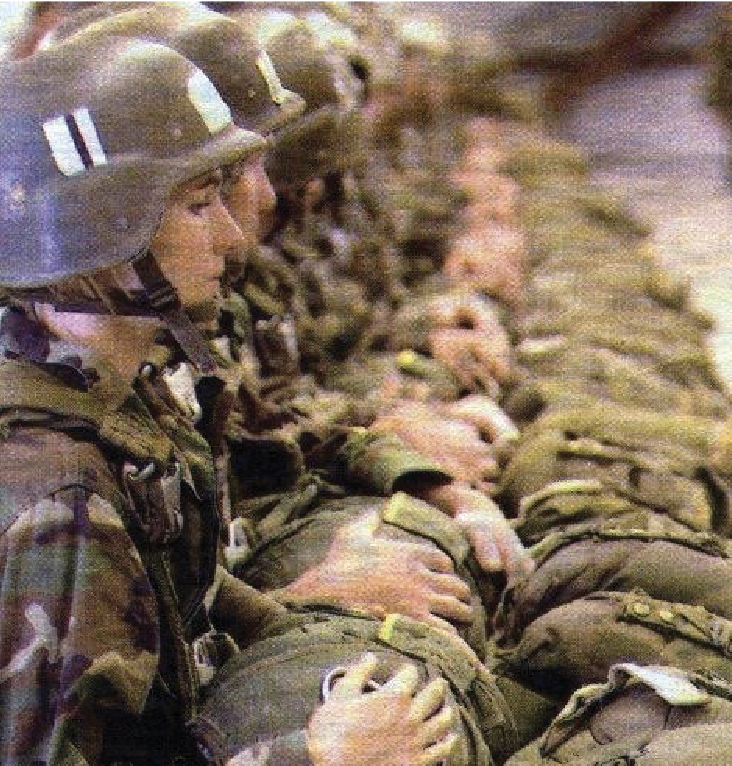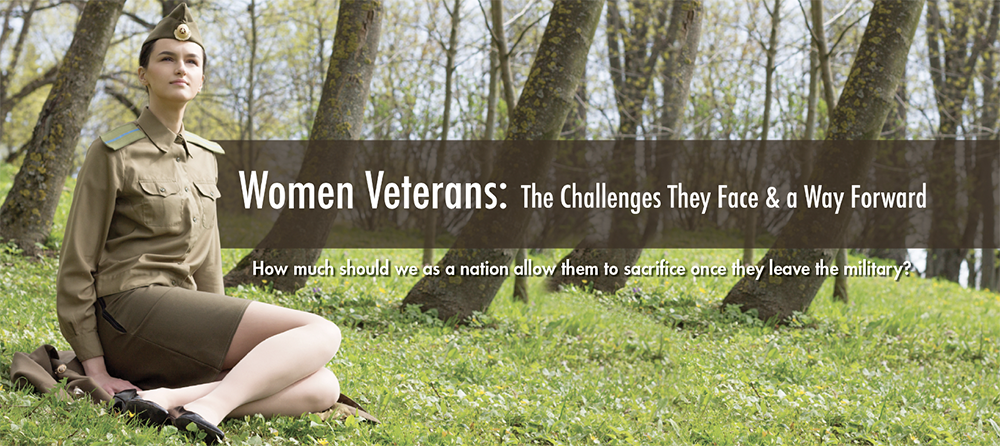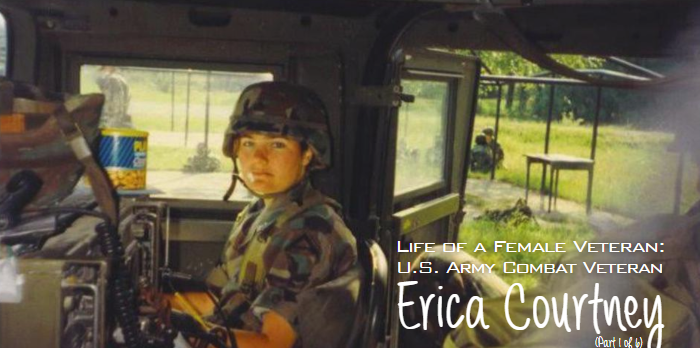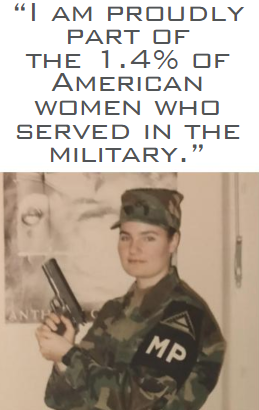Chris and I finally got married and a few years later came our first son. We planned it so I would be pregnant in a non-operational position during an eight-month leadership course. Noah was born upon arriving to my next assignment at the 10th Mountain Division in upstate New York. My mother decided to help since Chris and I were both serving and someone needed to be with the new baby; it really takes a village to raise a family.
I left Ecuador, where I worked on some amazing projects with international organizations to help save the original watersheds, the rainforest and its indigenous people. I was selected to become the first female cavalry commander while I worked as the senior logistician for the unit, but it kept getting pushed back due to logistical needs. The commander I was to replace had already been shot down three times, and survived each. I was told the command was going to be delayed a year, and then I became pregnant with my second son Ayden.
Continue reading

 Login
Login

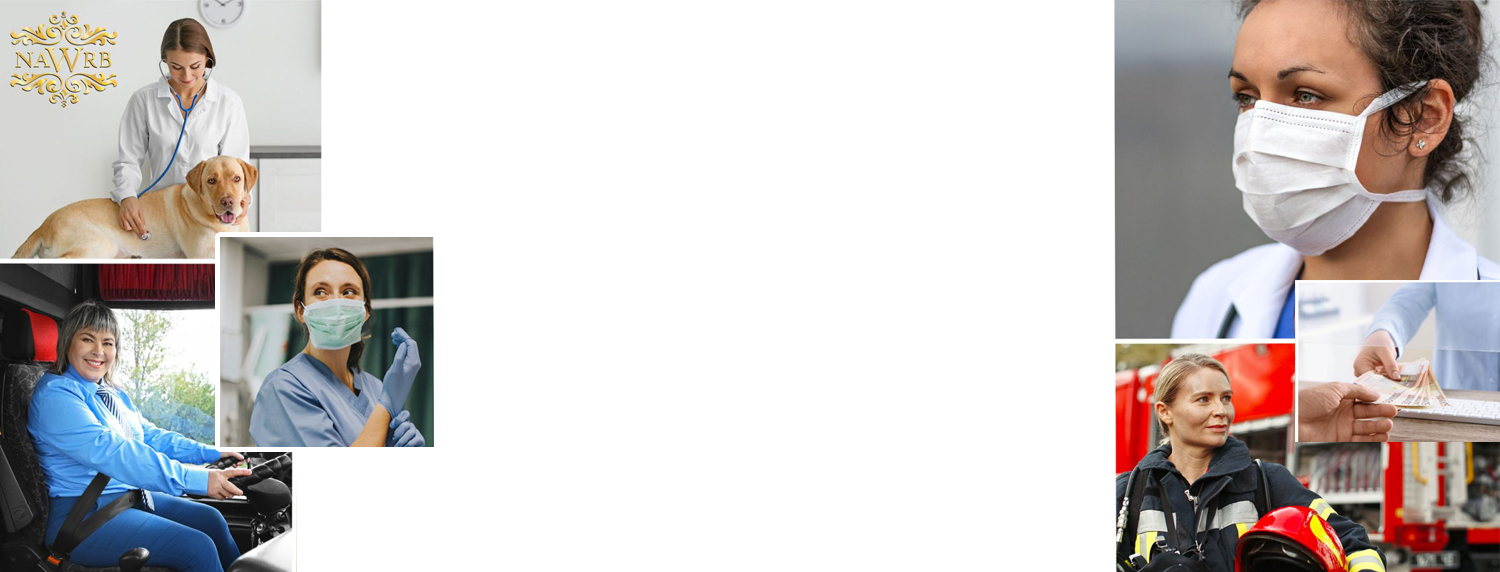















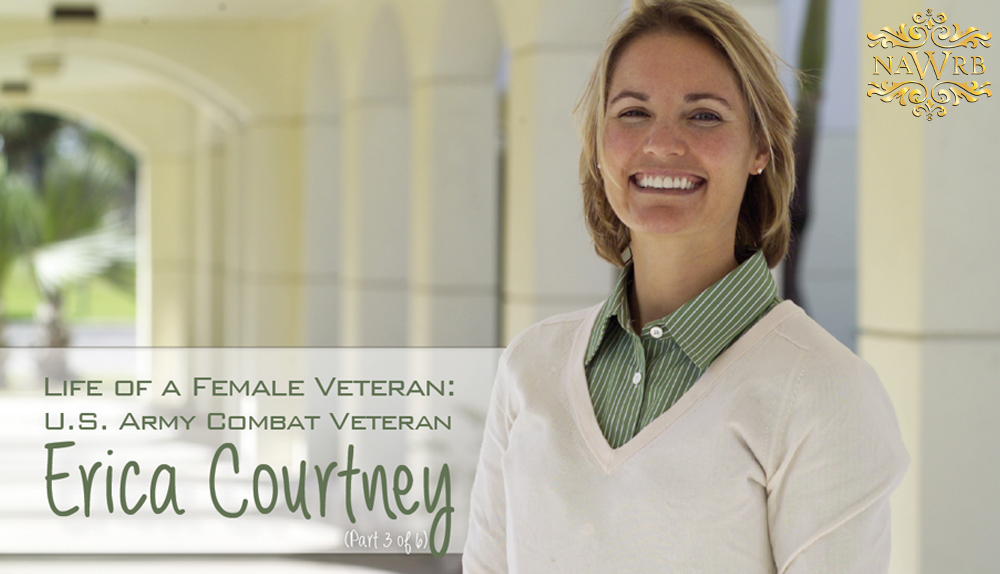
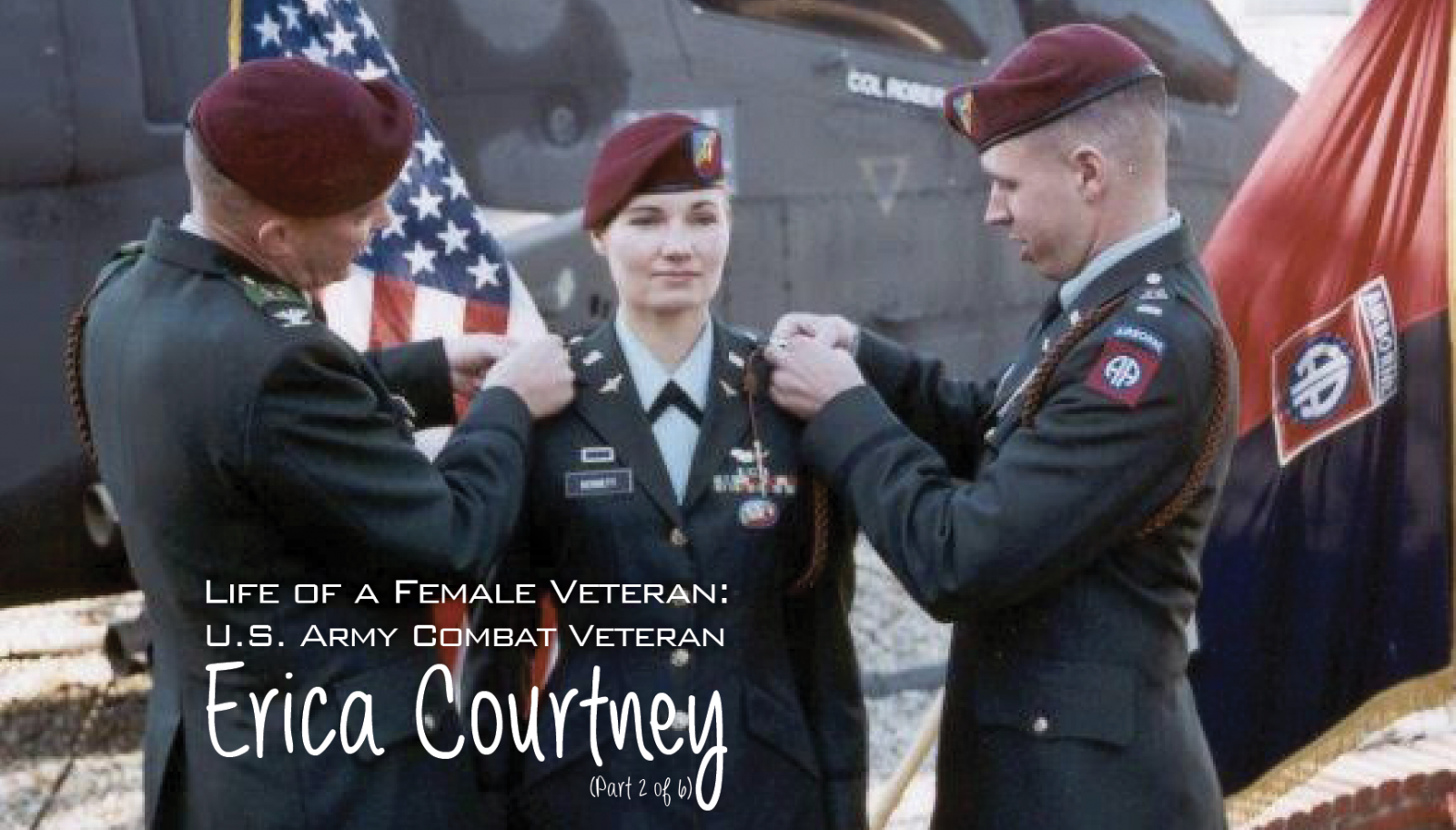
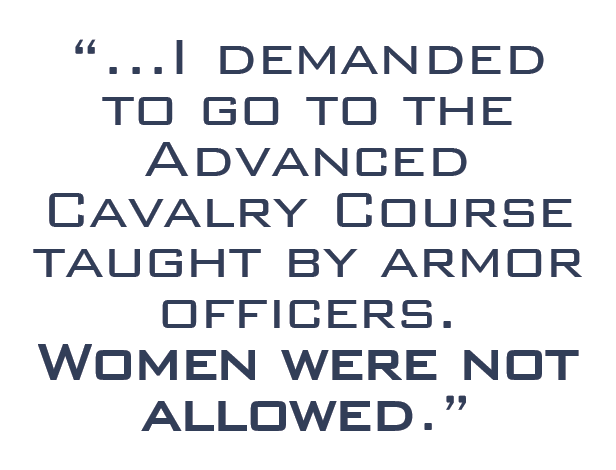 I was awarded my spurs and wore them with pride! One slight issue, women were not allowed to wear pants with their dress uniform, they only had skirts. It was the year 2000 and spurs looked absolutely ridiculous on heels with a skirt. I broke the rules and had a Korean tailor make my uniform pants like the guys wear. This is a big no-no in the service. Uniforms are important and you must stick to the regulation. When I showed up to the ceremony in pants, no one cared. “Looking good lieutenant,” is all I got from my senior leaders. That was liberating. The symbolism here was powerful. Integration is never easy, but it gets easier for those who come after us. We were blazing the trail. I learned early on that if baseless hatred gets to you, they win. I learned to overcome discrimination by working hard, being physically and mentally tough, and setting the example. Eventually, the same guys who did not want me there were the same guys not wanting me to leave. Earned spurs in hand, I left having made it easier for the women behind me and left the unit a better place.
I was awarded my spurs and wore them with pride! One slight issue, women were not allowed to wear pants with their dress uniform, they only had skirts. It was the year 2000 and spurs looked absolutely ridiculous on heels with a skirt. I broke the rules and had a Korean tailor make my uniform pants like the guys wear. This is a big no-no in the service. Uniforms are important and you must stick to the regulation. When I showed up to the ceremony in pants, no one cared. “Looking good lieutenant,” is all I got from my senior leaders. That was liberating. The symbolism here was powerful. Integration is never easy, but it gets easier for those who come after us. We were blazing the trail. I learned early on that if baseless hatred gets to you, they win. I learned to overcome discrimination by working hard, being physically and mentally tough, and setting the example. Eventually, the same guys who did not want me there were the same guys not wanting me to leave. Earned spurs in hand, I left having made it easier for the women behind me and left the unit a better place.